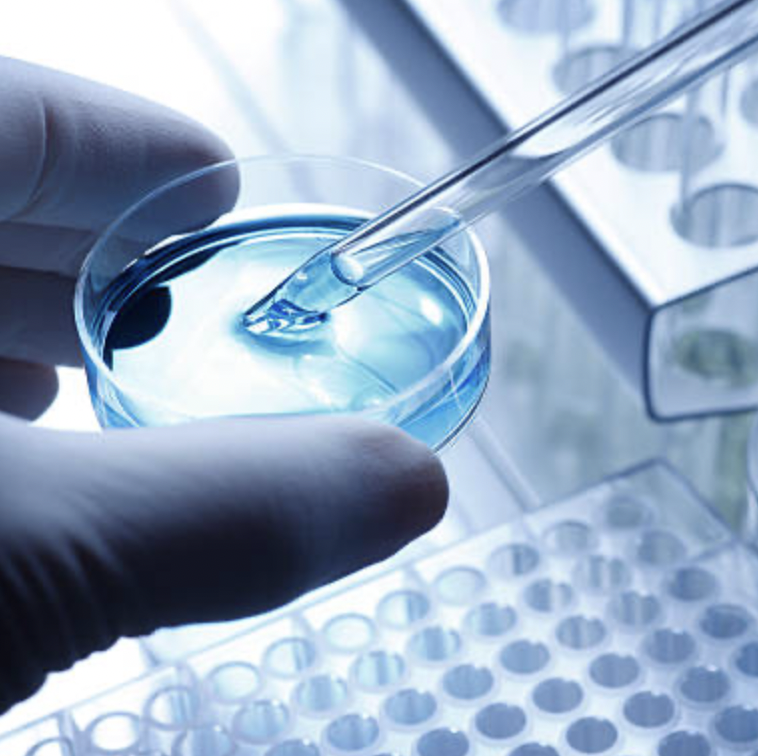Drug development involves a hugely expensive, ethically challenging and laborious ‘lucky-dip’ approach, where scientists trawl through millions of potential formulations that are tested in simple in-vitro assays, before moving to small animal and non-human primate trials, prior to initiation of a clinical trial. This process takes on average 12 years and costs between $1billion and $2.6billion per drug, with a failure rate reaching 96% (1).
But this approach is not mandated by any regulatory authority, so change is possible. This year the UK government and the FDA have reaffirmed that animal testing is not a prerequisite for a drug to enter clinical trials in humans (2,3), joining almost every other regulatory authority in the world in aligning with ICH guidelines (4).
The Next-Gen Drug Development Toolbox:
These affirmations are timely, as better research tools are available and ready to become the mainstream. Machine learning algorithms can be used to analyse huge datasets to select drug targets via analysis of samples from patient-derived biobanks – a great example in kidney disease is the NURTuRE biobank established by KRUK (5), and AI can predict drug formulations in-silico, streamlining selection from millions to a small number of drug candidates. These can be rapidly evaluated in high-throughput using human microphysical systems (MPS), often referred to as organ-on-a-chip assays. MPS is constructed from different cells isolated from human organs, which can be used to predict the response to a drug.
At this point rapid development stalled, as MPS cannot recapitulate tissue structures or anatomy, physiology and function, so safety and efficacy data are not sufficiently accurate. However, Pebble is addressing this gap with LIVING-ORGAN systems (6) – entire organs are attached to a clinical life-support system which mimics vascular anatomy, so blood supply and biochemistry is physiological. This enables accurate drug evaluation including safety, efficacy, biodistribution, metabolism-excretion, and off-target effects. This holistic assay is critical in understanding how a drug will interact, but without the need for regulatory or ethical approvals, meaning the drug development pathway is significantly accelerated.
There is increasing recognition of Pebble’s LIVING-ORGAN systems becoming a new industry standard – with data being generated and used in an increasing variety of situations to accelerate scientific and commercial progress at greatly reduced cost over alternative in-vivo testing, and with a greater ability for rapid and iterative testing. As an example, ReNeuron Group plc recently presented data at Cell 2023 (7) and issued London Stock Exchange announcements using the LIVING-KIDNEY and LIVING-SPLEEN systems (8), confirming that a novel exosome therapy can safely target kidney tubules for payload delivery without causing damage, marking a significant move towards clinical application. This work was completed by Pebble in eight months from NDA to publication, without the need for home office or regulatory approvals.
Time to Accelerate:
The utility of approaches combining disease phenotyped sample biobanks, in-silico and big-data analysis, organ-on-a-chip and LIVING-ORGAN systems to safely accelerate the drug development pathway is ready to be adopted.
If you are interested in learning more or would like to discuss Pebble’s technology in more detail, please get in touch.
References:
1. https://www.ncbi.nlm.nih.gov/pmc/articles/PMC6906499/
2. https://www.theyworkforyou.com/wrans/?id=2023-09-19.200502.h
4. https://www.ich.org/page/safety-guidelines
6. www.pebble.bio/living-organ-systems
8. https://www.edisongroup.com/research/h124-results-reaffirm-focus-on-customex/32994
Follow the link below to read the article on LinkedIn: https://www.linkedin.com/pulse/rethinking-drug-development-beyond-traditional-methods-james-fildes-axege%3FtrackingId=4mMNYYCcQ4GSb1MscFusfQ%253D%253D/?trackingId=4mMNYYCcQ4GSb1MscFusfQ%3D%3D


